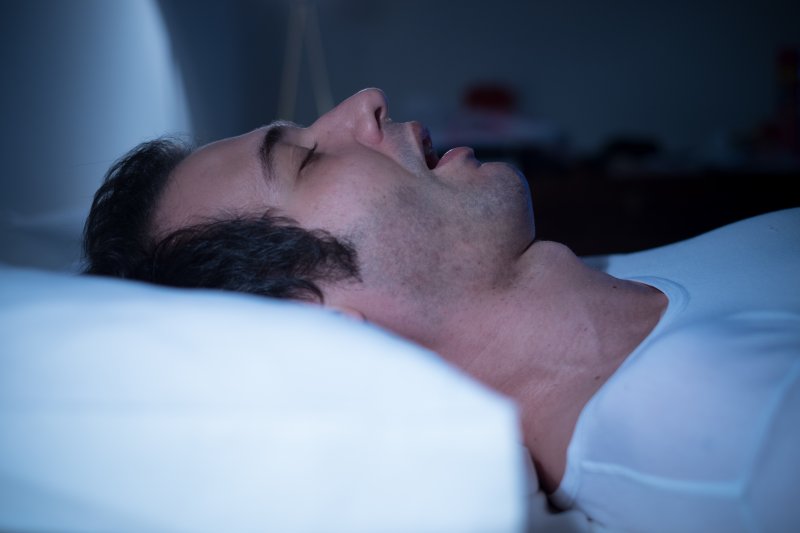What’s Keeping You Up? The Different Types of Sleep Apnea
July 31, 2020

Millions of people across the country struggle with sleep apnea interrupting their breathing every night. These episodes generally lead to poor quality sleep, which in turn causes exhaustion throughout the day and contributes to health issues such as heart disease. You need to have sleep apnea treated quickly once you realize that you have it – but before you pursue sleep apnea therapy in Raleigh, you and your doctor will need to narrow down the exact nature of your disorder. Here is what you need to know about the different kinds of sleep apnea.
What Kinds of Sleep Apnea are There?
The term sleep apnea can refer to:
- Obstructive Sleep Apnea: This is by far the most common form of the disorder. As the name implies, the interruptions in breathing occur because the airway has been obstructed or blocked somehow. This is often the result of throat muscles relaxing and collapsing while you sleep. It’s also possible that your tongue may fall back and cut off the airway.
- Central Sleep Apnea: Sometimesyour brain can stop sending the proper signals to the muscles that are responsible for controlling your breathing. In other words, your body isn’t even making an effort to breathe while you sleep.
- Complex Sleep Apnea: Sometimes a person might suffer from obstructive sleep apnea and central sleep apnea at the same time. This is occasionally called treatment-emergent central sleep apnea.
What are the Risk Factors for Sleep Apnea?
Obstructive sleep apnea is often closely associated with obesity; the risk of the airway being blocked increases when fat accumulates around the neck. Generally speaking, people who are male, have thicker necks or narrowed airways, or have a history of smoking are more likely to suffer from OSA. You might also occasionally experience airway obstructions if the nose becomes congested.
Central sleep apnea is linked to heart disorders, and the risk for the condition increases if you happen to have a stroke. Also, men and older people tend to suffer from it more often.
How Can You Tell the Difference Between the Types of Sleep Apnea?
Unfortunately, it can be extremely difficult to tell the difference between obstructive sleep apnea and central sleep apnea on your own. The symptoms for both tend to be very similar; they generally include loud snoring, gasping for air during sleep, waking up with a dry mouth, morning headaches, insomnia, and difficulty paying attention. (Naturally, you could experience all of these symptoms with complex sleep apnea as well.) You’ll need a sleep expert’s help to determine the underlying cause of your sleep apnea so that you can explore the appropriate treatment options.
No matter what kind of sleep apnea you have, you need to act quickly if you want to start enjoying the benefits of a good night’s sleep again. If you notice the signs of sleep apnea, ask your dentist in North Raleigh how you can seek a diagnosis right away; you’ll be glad you did in the long run when you’re once again able to wake up feeling refreshed every morning.
About the Author
Dr. Philip A. Lisk graduated from the University of North Carolina School of Dentistry in Chapel Hill with his Doctor of Dental Surgery in 1997 and has been practicing in North Raleigh ever since. In addition to general dentistry, his practice offers therapy for obstructive sleep apnea in the form of custom oral appliances. For questions about sleep apnea treatment, you can get in touch with him through his website or by calling (919) 870-6892.
No Comments
No comments yet.
RSS feed for comments on this post.
Sorry, the comment form is closed at this time.

